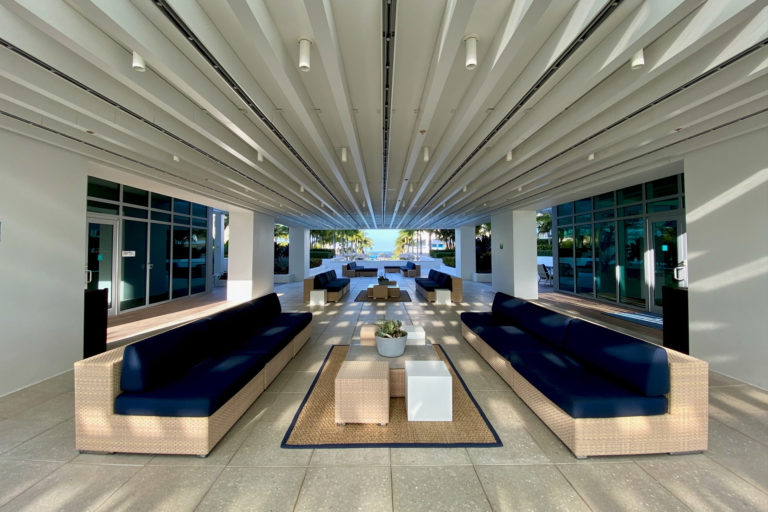
In our previous article detailing the top ten trends emerging in the hotel industry, we explored how the fusion of remote work and leisure travel has transformed the way many travelers use their hotel rooms, essentially turning them into makeshift offices. To address this evolving trend, hotel industry businesses are reimagining their spaces by adding more electrical outlets, maximizing natural lighting, and ensuring reliable, long-range WiFi connectivity. We also delved into the impact of minimalist décor and other considerations, given that today’s tourists prioritize authentic experiences over extravagance. Moreover, we pointed out the pivotal role technology plays in customer acquisition and retention. Here, we further highlight changes that the hotel industry must consider in order to remain in step with this shifting landscape.
6. Separating Assets and Operations
As experts in hotel consultancy, Arum Group acknowledges the paramount importance of enhancing service efficiency and prioritizing customer-centric approaches. This is the same reason the hotel industry is strategically shifting toward an asset-light approach. This transformative strategy entails the separation of operational management from real estate assets. In this new model, hotel companies do not own land but instead engage in contractual agreements with landowners to share a portion of the profits. This results in increased flexibility to focus on improving business competitiveness.
7. Artificial Intelligence in Guest Services
Long gone are the days of chatbots being a novelty. Increasingly, these automated systems are being harnessed by a multitude of establishments to address frequently asked questions and modernize operational procedures. With regard to the hotel industry, chatbots are proving particularly indispensable, given guests’ expectations of round-the-clock customer service from various global locations. Nevertheless, the human workforce still remains indispensable, with well-trained and brand-committed staff central to developing better strategies to handle diverse scenarios.
8. Tangible Sustainability Initiatives
Sustainability has evolved from empty rhetoric into concrete actions, as demanded by international regulations and discerning customers. In the hotel industry, guests expect increased energy efficiency and reduced reliance on non-renewable resources. Other steps in this direction include reducing food waste, favoring locally sourced ingredients, the adoption of circular economy practices, and the use of renewable energies for increased self-sufficiency.
9. Virtual Reality Immersion
VR is an immensely valuable technological tool for promoting hotels and is fast becoming even more important. More and more establishments offer 3D tours of their facilities, a useful feature that allows customers to experience the environment as if they were physically present before making a reservation. Ideally, these videos should be accessible to a broad audience on any device, without the need for virtual reality headsets. Another alternative is augmented reality, where users can obtain useful information about each hotel space via an app. Restaurant hours and instant reservations are at the client’s fingertips, as well as interactive maps of the facilities.
10. Quality and Price go hand in hand
Consumers are constantly in pursuit of a good balance between quality and affordability. In response, the industry must maintain its competitiveness by offering exclusive services that justify guest expenditure and by adopting dynamic pricing strategies that cater to a diverse clientele throughout the year. Likewise, focusing on specific niche markets can prove to be a valuable approach, fostering competition through innovative ideas that bring exclusivity and personalized experiences to every guest.
As is evident, the hotel industry is confronting the challenge of a timely and efficient adaptation to the new demands of the market. As consumer lifestyles continue to evolve, and heightened expectations now shape guests’ expectations, the hotel development industry must respond using every tool in its playbook.



